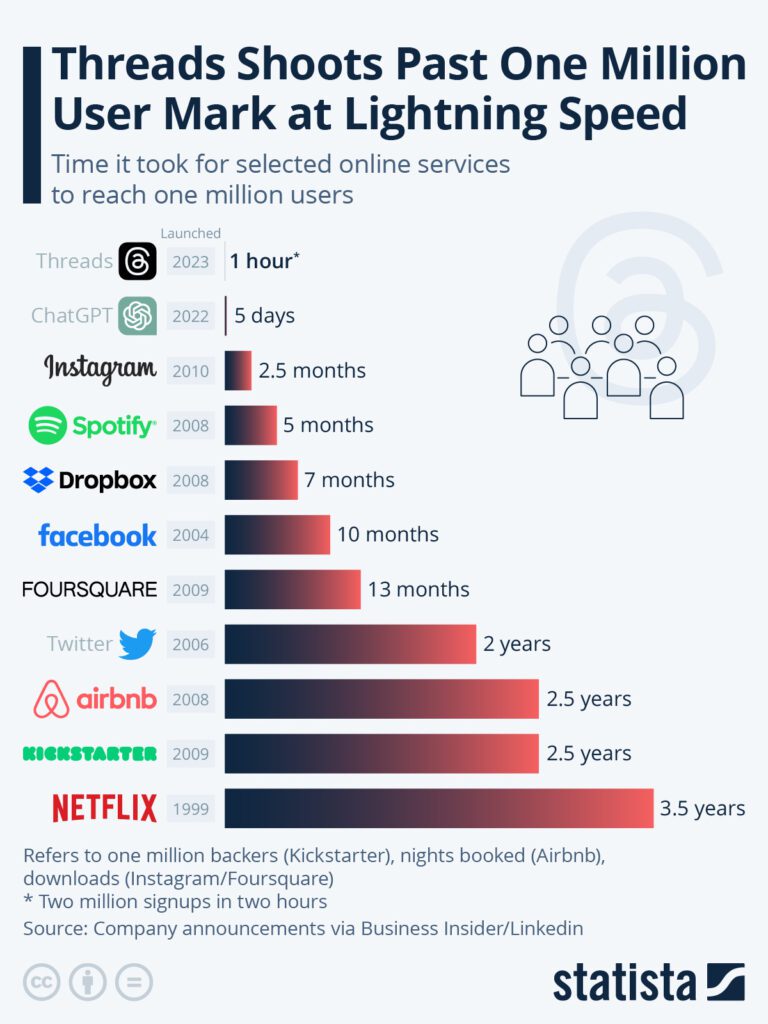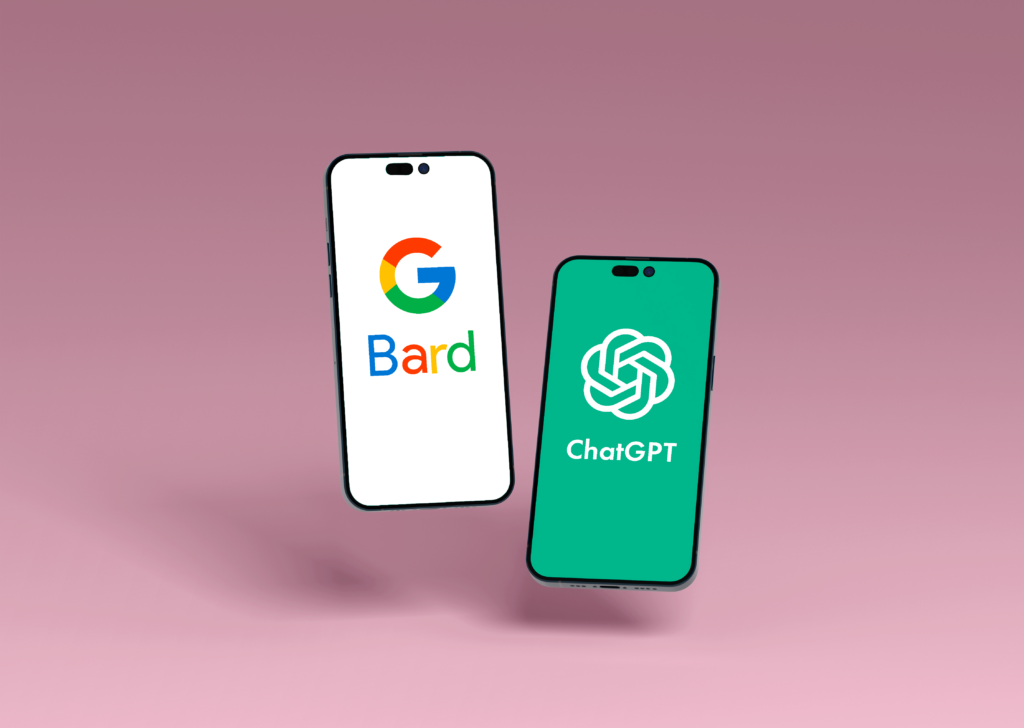Artificial Intelligence (AI) is the fastest-adopted technology ever! And it has been making headlines in recent months and has become an integral part of our lives.
GitHub CEO and Microsoft board member, Reid Hoffman, stated the necessity to actively adopt AI, as “business leaders must understand the pace of improvement in artificial intelligence and the applications that are coming or they will be ‘sacrificing the future,’” he said.
Marketers and developers are currently the fastest early adopters. GitHub used AI to generate 46% of its code , including for its headline creation, Microsoft CoPilot, so they know what they are talking about.
In this article, we’ll dive deep into artificial intelligence, its workings, benefits, and areas of concern.

AI simulates human intelligence processes by machines, particularly computer systems. These processes include learning (acquisition of data and rules for using data), reasoning (using rules to reach approximate or definite conclusions), and self-correction. AI can automate processes and tasks that would otherwise require a human being.
AI technology is becoming increasingly important in many areas, from healthcare to finance. In particular, it has been widely adopted by businesses since AI can quickly process large amounts of data and accurately identify patterns. This helps companies make better decisions and improve their overall efficiency.
AI programs involve machine learning, where the machine assimilates data, recognizes patterns, and recognizes feedback. This process is designed to simulate human learning for a device. Machine learning techniques like deep learning, natural language processing, and neural networks drive AI systems.
Deep learning is a subset of machine learning that uses algorithms to make decisions based on data, while natural language processing allows machines to understand the meaning of human language, so we can simply ask it to create what we need rather than going through a series of menu options or even hard coding. Neural networks are computer models inspired by biological neurons and their connections, enabling them to learn from examples.

ChatGPT is a chatbot developed by OpenAI, one of the leading AI research companies globally. ChatGPT is based on the Generative Pre-trained Transformer (GPT) model, and its training involves supervised and reinforcement learning. It has a unique Reinforcement Learning from Human Feedback (RLHF) technique, making it one of the most advanced chatbots worldwide. Chat GPT-3 was released in 2020 and was the largest and most powerful AI model, as it had 175 billion parameters. Chat GPT is rumored to have 170 trillion parameters (1000 times more!).
This is similar to Bard, created by Google and available via Bing
As a result, these chatbots can engage in human-like conversations and understand nuances like humor, sarcasm, and context. Over the last few months since its release, ChatGPT has already integrated into various applications ranging from customer service to education.
With its first publicly released model (GPT-3.5) that is free to use, ChatGPT has seen the most rapid growth of any technology since its launch, with over a million users in the first five days and 100 million active users within two months.
It has a subscription model, ChatGPT Plus, that provides added benefits, such as faster response times and access to the “live” internet through plugins. For a small cost (currently $20 monthly), ChatGPT Plus subscribers can access the more advanced GPT-4 model for more advanced capabilities.
Within the eCommerce industry, AI chatbots powered by ChatGPT are gaining attention as efficient customer service and support tools. ChatGPT can answer simple questions, saving businesses the time of manually responding to each query.
However, ChatGPT has four main limitations. It can sometimes deliver responses that sound plausible but are incorrect or nonsensical. This is called “hallucinations.” Our machine translation strategist noticed this when asking for very specific and precise questions in her field of expertise, while requesting to also provide the reference to the source of the content. ChatGPT was quoting and referencing back to a fellow Ph.D. student our machine translation strategist was following, but even though the topic of that research was something that person was studying at that time, the title of the article where that information was coming was made up.
Chat GPT also has a knowledge cutoff in 2021, meaning it lacks awareness of events or news that have occurred since then. (So if you ask it to describe how Louis Hamilton won the F1 in 2022, it used to spin a fabricated lie, but this error has since been corrected — it’s learning!).
The other issues are with plagiarism and copyright. If you ask it to create a design in the style of Van Gogh, and use a 3D printer to make it, whose design is it?
As it learns through vast data sets, it’s impossible for anyone to read as much in a human lifetime, so it’s also difficult to spot… The emphasis remains that AI is a tool, this is your co-pilot, but the person at the wheel (writing the prompts) still needs to check and double check everything, rather than flying blindly!
While these issues can be addressed for ChatGPT Plus subscribers with various workarounds (whether attempting to use AI in the workplace or one’s personal life), it’s not as straightforward to use if specific parameters are required.
AI-generated content opens a whole new futuristic world of empowerment and efficiencies. AI presents unimaginable potential. With its futuristic capabilities and user-friendly interface, it is no wonder it has taken the world by storm
However, with concerns about AI chatbots replacing human intelligence, the potential for misuse, and the spreading of misinformation, it is important to be aware of the drawbacks of using ChatGPT. Your output is only as good as your input. You must use it responsibly and check any facts before sharing misinformation.
As AI advances, it is essential to address these concerns proactively to ensure that AI chatbots like ChatGPT can be a force for good in our lives.
Upload your documents to WordsOnline and pay online for a fast, simple service. 10% discount on your first order
We will help you transition to the new world of continuous localization!

